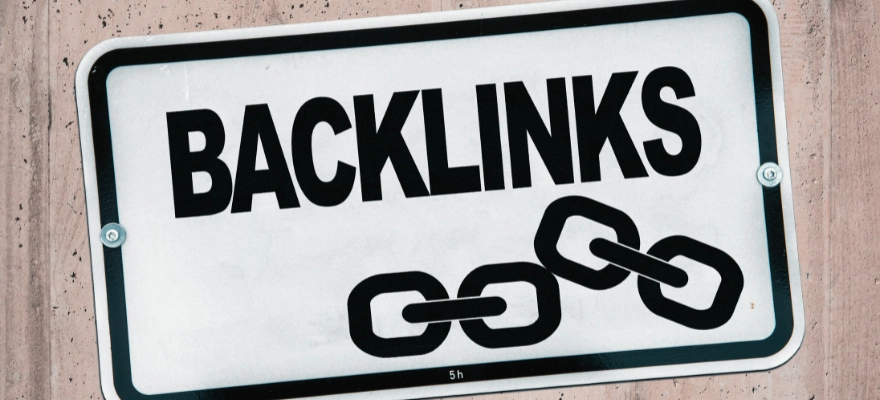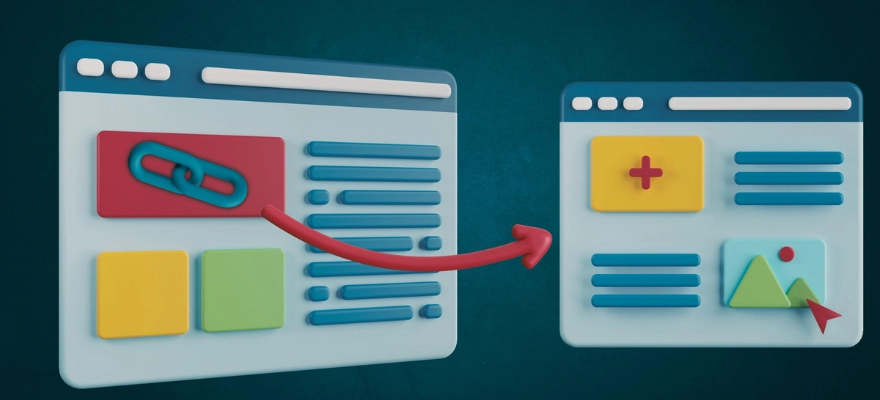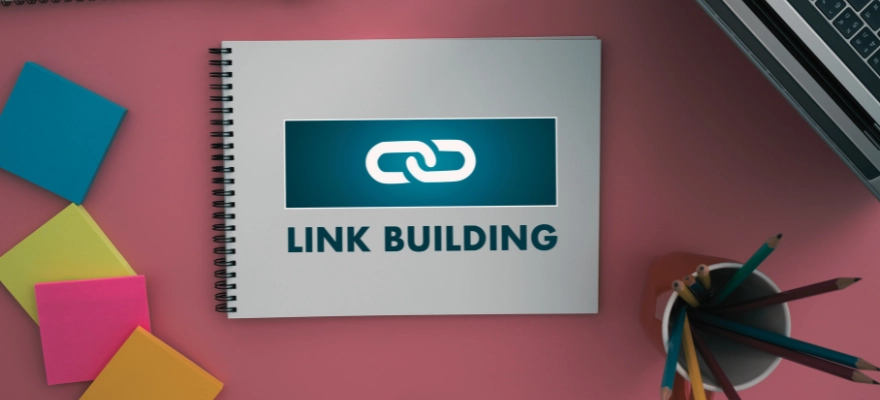Link building is what separates a website that ranks from one that gets ignored.
You’ve got content. You’ve got keywords. But if your site isn’t earning backlinks, Google probably doesn’t trust it.
And in search engine optimization (SEO), trust equals traffic.
This guide is for digital marketers who are done guessing and want to see real results.
If you’re tired of spinning your wheels with blog posts that go nowhere, here’s the playbook.
Key Takeaways
- Link building is about quality, not quantity
- Focus on relevance, authority, and user value
- Build content that naturally earns links
- Use outreach to create new backlink opportunities
- Monitor your progress and adapt your link building strategies
Understanding the Basics of Link Building

Before we dive into strategies, let’s clear one thing up.
What is link building?
Link building is the process of acquiring other websites to link to your site. These are called backlinks.
Every backlink is like a vote of confidence in the eyes of Google. The more credible sites that link back to you, the more likely Google is to think your site is trustworthy, relevant, and worth showing in search results.
A few quick terms to know:
- Hyperlink: The clickable text (usually underlined) that sends users from one web page to another
- Anchor text: The actual words used in the hyperlink
- Nofollow: A tag that tells search engines not to give SEO credit to that link
- PageRank: Google’s early algorithm that evaluates the quality and quantity of links to rank web pages
Think of link building like building your rep online. If big sites link to your content, your street cred (and your SEO) goes up.
Why Link Building in SEO Matters
Search engines use links to figure out which pages are valuable.
When a trusted, authoritative site links to yours, it’s like a referral.
Google’s algorithm weighs backlinks heavily when deciding where your site shows up on a search engine results page (SERP).
Link building helps:
- Build authority
- Drive referral traffic
- Improve brand visibility
- Get your content seen
But not all links are equal. Let’s talk about link building strategies.
How to Build Links: Core Link Building Strategies

Best Link Building Strategies That Still Work in 2025
Tried and true methods that don’t feel spammy:
- Guest posting: Write valuable articles for other websites and link back to your own
- Editorial links: Earn links from authoritative sources naturally when others reference your blog or resource
- Web directories: Especially local directories. Great for local SEO
- Niche placements: Get featured in industry-specific roundups or newsletters
Avoid anything that feels automated, irrelevant, or shady. Google sees through it.
High-Quality Links vs Low-Quality Links
A good link:
- Comes from a relevant and authoritative website
- Uses natural anchor text
- Is surrounded by useful content
A spammy link:
- Comes from a sketchy or unrelated site
- Is buried in a link farm or content with no relevance
- Feels like it was paid for without value
Use tools like Ahrefs or Semrush to keep tabs on your backlink quality.
Anchor Text Optimization in Link Building
The words you use in a hyperlink matter.
Google looks at anchor text to understand what the linked page is about.
Here’s how to keep it clean:
- Mix it up: branded, exact match, partial match, and generic
- Avoid over-optimizing. Don’t cram keywords every time
- Use descriptive, natural wording
Think of anchor text like signposts for Google. Use them wisely.
Content Marketing and Link Building
Want people to link to your content without asking?
Make content that’s just too good not to share.
Here’s what works:
- Skyscraper content: Build the best, most detailed version of a popular topic
- Original data: Surveys, reports, or stats people want to reference
- Visuals: Infographics, charts, and videos that bloggers want to embed
- Helpful tools or checklists: These often get cited naturally
If your content answers a real need, you’re more likely to earn quality backlinks organically through smart content marketing.
Outreach and Link Building Tips

Sometimes you’ve got to go out and get links.
This is where outreach comes in.
Send personalized emails that offer real value. Not spam. Not sales.
Here’s what we’ve seen work:
- Compliment their blog or recent article
- Offer a resource that genuinely improves their content
- Keep it short, real, and respectful
It’s all about building relationships, not blasting out templates.
Broken Link Building and Resource Page Link Building
Broken Link Building Tactics
- Find broken links on sites in your niche
- Create content that fits the dead link topic
- Reach out to the webmaster with your replacement URL
They fix their site. You get a link.
Resource Page Link Building
Resource pages are goldmines.
Search for pages that list helpful tools, blogs, or guides. If you’ve got something relevant, ask to be added.
Again, relevance is everything.
Link Building Tools Every SEO Should Use
If you’re serious about SEO, these tools are must-haves:
- Ahrefs/Semrush: Find backlinks, analyze competitors, track anchors
- Google Search Console: Free and powerful for tracking what websites link to you
- Hunter.io: Find real emails for outreach
- BuzzStream: Manage outreach campaigns
Measuring Your Link Building Efforts
You don’t need a million links. You need the right ones.
Track your efforts by looking at:
- Backlinks gained
- Search rankings over time
- Referral traffic from those links
Tools like GA4 and Search Console give you performance data. External tools help you assess link profile strength.
How to Check Domain Authority and Link Profile Strength
Domain Authority is a third-party metric created by Moz. It’s used to estimate how strong your website’s backlink profile is compared to others.
To check your Domain Authority, try these tools:
- Moz Link Explorer
- Ahrefs (look for Domain Rating)
- SEMrush (Authority Score)
This gives you a clear picture of how your off-page SEO is performing and what to improve to rank higher in search results.
FAQ: Link Building for SEO
What is link building in SEO?
Link building is the process of acquiring other websites to link to your website. These backlinks tell Google your site is trustworthy and worth showing in search results.
How many backlinks do I need to rank higher?
There’s no magic number. Focus on getting high-quality links from trusted sites in your niche or local area. One strong backlink can be more powerful than 50 weak ones.
What are the best link building tools?
Some go-to tools are Ahrefs, SEMrush, and Google Search Console. For outreach, Hunter.io and Buzzstream are solid options.
Is guest posting still effective?
Yes. As long as it’s done on real, relevant blogs. Avoid paid placements or anything that feels like spammy practices.
How do I use anchor text correctly?
Use natural, relevant anchor text that makes sense to the reader. Don’t overdo it with exact keyword matches.
Conclusion
At the end of the day, link building is about trust, connections, and great content.
If you want your website to rank higher, invest in high-quality link building strategies that actually help people and add value to the internet.
Need help getting started? We’ve got you!
At Vira Marketing, we build links that matter for businesses in any industry.
The search game is evolving, but link building still drives results. Let’s make your brand the one they find.




